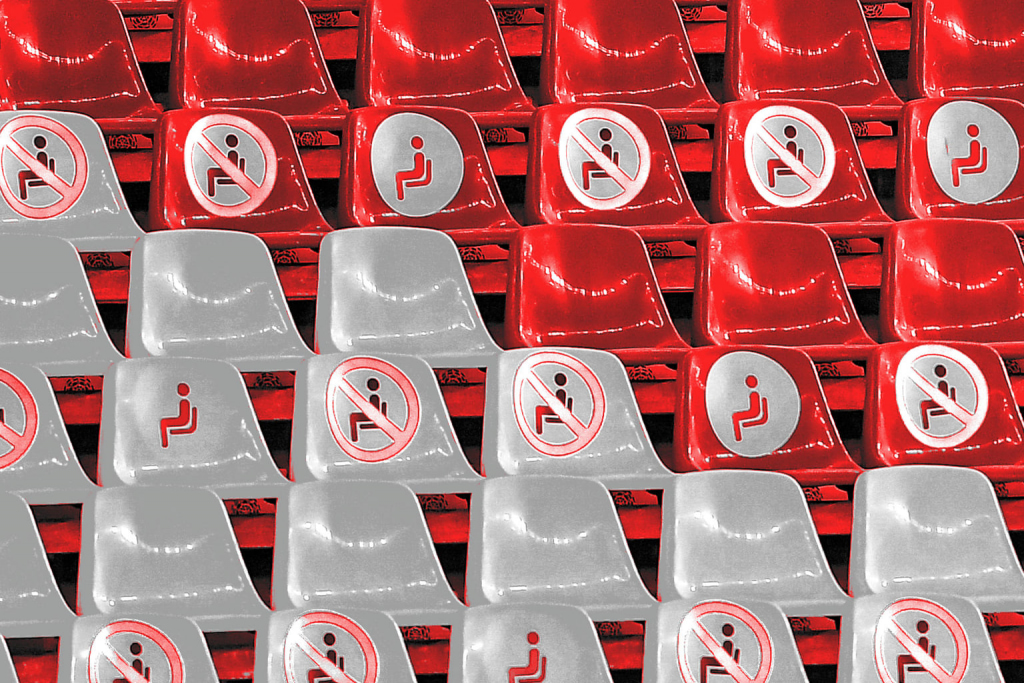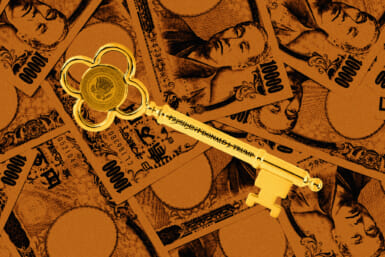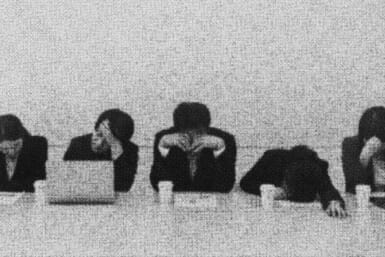News in Japan has once again been dominated by the Tokyo 2020 Olympic and Paralympic Games this week, which is now just one month away. Domestic spectators will, for the time being at least, be allowed in stadiums to watch the events unfold. On Tuesday, it seemed that drinking alcohol would also be permitted at the venues. Following a public backlash, however, that idea was scrapped. The stress of the situation appears to be getting to Tokyo Governor Yuriko Koike as she was hospitalized due to severe fatigue.
Two Ugandan athletes, meanwhile, tested positive for Covid-19 after arriving in Japan. There was good news for tennis player Naomi Osaka as it was confirmed that she won’t have to speak to the press during the Tokyo 2020 Games. In non-Olympic related sports news, boxer Naoya Inoue and baseball player Shohei Ohtani continue to enhance their reputations. Nadeshiko footballer Kumi Yokoyama came out publicly as transgender and was subsequently praised by US President Joe Biden. And the Supreme Court ruled that married couples must adopt one surname.
Tokyo 2020 Will Have Spectators at Stadiums
After months of uncertainty, we’ve finally had a decision. Domestic spectators will be allowed in stadiums to watch the Olympic and Paralympics Games. That is, of course, unless there’s a significant spike in coronavirus cases before then. Prior to the news becoming official, Prime Minister Yoshihide Suga revealed there’s still a chance that competitions could be held without fans. “If a state of emergency is declared that may be a possibility. We won’t hesitate to ban spectators to ensure safety and security,” he said. Attendance will be capped at 10,000 per venue or 50 percent of the stadium’s capacity – whichever figure is lowest. A lottery will be held among ticket holders to determine who gets to go to the opening and closing ceremonies as well as events in eight sports as the number of tickets sold exceeds the current available capacity. Everyone must wear a mask and refrain from cheering.
Medical Experts Question the Decision
Tokyo Medical Association Chairman Haruo Ozaki said it was “incomprehensible” to allow fans into stadiums for the Games. He’s one of a number of medical experts to have spoken out about the decision. The news of two Ugandan athletes testing positive for Covid-19 will no doubt have further compounded their worries. Tokyo 2020 President Seiko Hashimoto attempted to address some of these concerns at a media roundtable. “Of course, I understand holding the event without spectators would lower the risk, but there is evidence that there have been no clusters at other events and tournaments,” she told reporters on Tuesday. The following day, she revealed there would be no alcohol at the Games. “If our citizens have concerns (over serving alcohol at the Olympics), I think we have to give up on that. That’s why we have decided to ban the sale of alcohol,” said Hashimoto.
Tokyo Governor Hospitalized Due to Severe Fatigue
The pandemic has taken its toll on many people and those in power are no exception. Last year, Shinzo Abe resigned as prime minister due to a flare-up of his chronic intestinal disease, a condition said to be aggravated by stress. The strain of the situation and trouble surrounding the much-maligned Tokyo 2020 Games appears to be affecting many politicians. This includes Governor Yuriko Koike. The public face of Tokyo’s coronavirus response was told to take a week off as her physical condition worsened. On Saturday, she announced that all the live Olympic viewing events would be canceled. She then attended a meeting about Covid-19 vaccinations on Monday during which she apologized for her hoarse voice. The following day she was admitted to hospital due to severe fatigue. Deputy Governor Mitsuchika Tarao has taken over Koike’s duty while she rests.
Naomi Osaka Not Obliged to Talk to Press at Tokyo 2020 Games
Tennis player Naomi Osaka won’t be required to speak to the press at the Tokyo 2020 Olympics. The Japanese Haitian star was fined after refusing to attend press conferences at the French Open. She then pulled out of the tournament, stating that she’d suffered long bouts of depression. Kyodo News asked the IOC media team whether there would be a similar penalty this summer. “The IOC has never obliged athletes to hold a press conference,” was the response. In boxing, Naoya Inoue once again showed his class with a straightforward victory over Michael Dasmarinas of the Philippines. “The Monster” defended his IBF and WBA bantamweight world titles with a third-round knockout. He is now 21-0 with 18 KOs. In baseball, Shohei Ohtani was named Player of the Week for the third time. He’s also among the early leaders in voting for this year’s MLB All-Star Game.
Footballer Kumi Yokoyama Comes Out as Transgender
American president Joe Biden took to Twitter to pay tribute to Japanese soccer player Kumi Yokoyama and American footballer Carl Nassib. The former came out as transgender while the latter became the first NFL player to come out as gay. “To Carl Nassib and Kumi Yokoyama – two prominent, inspiring athletes who came out this week: I’m so proud of your courage. Because of you, countless kids around the world are seeing themselves in a new light today,” he wrote. Yokoyama used international teammate Yuki Nagasato’s YouTube channel to announce the news. The Nadeshiko forward, who currently plays in America for Washington Spirit, also spoke about the difficulties faced by the LGBTQ community in Japan. “More people in Japan are becoming familiar with the word LGBTQ and it’s seen more, but I think awareness won’t grow unless people like myself come out and raise our voices,” Yokoyama said.
Supreme Court Says Married Couples Must Adopt One Surname
According to Article 750 of the Civil Code, married couples must adopt the surname of the husband or wife once they’ve tied the knot. While the law doesn’t specify which name, more than 95 percent of women take on their husband’s. Three common-law couples decided to challenge this legislation after they were prohibited from registering their marriages at local government offices using separate surnames. They claimed this was unconstitutional. In a public poll by the Mainichi Shimbun in March, 51 percent of the respondents said they believed married people should be allowed to choose whether they have the same or separate surnames. Just 23 percent were opposed to the idea. Unfortunately for the three couples, 11 members of the 15-strong Grand Bench of the Supreme Court were also opposed. On Wednesday, they ruled that the code was constitutional. The decision has been criticized by rights activists.
*Feature image by Anna Petek









